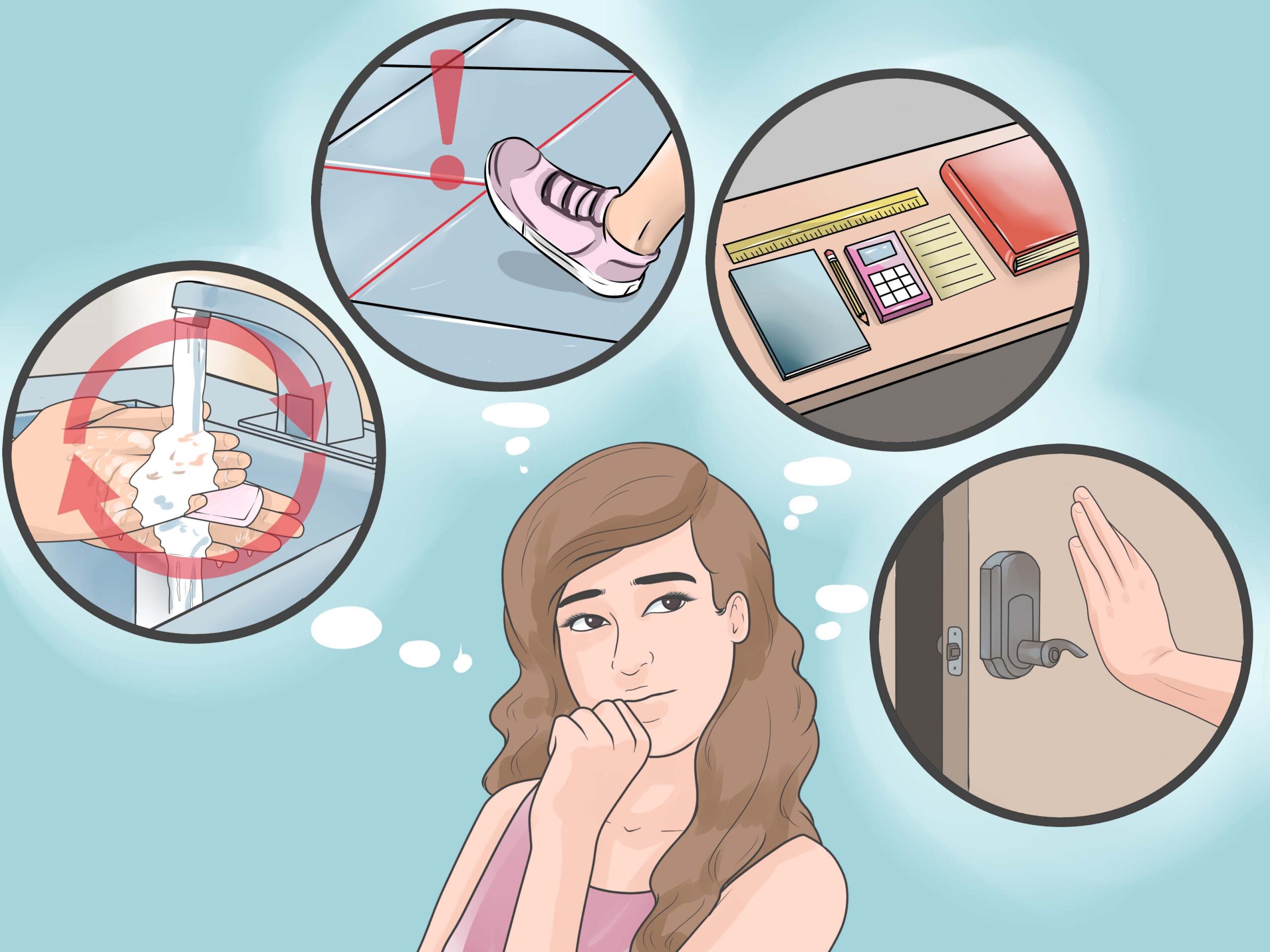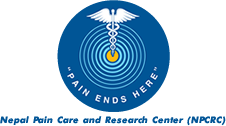
Obsessive-Compulsive Disorder (OCD)
Obsessive-Compulsive Disorder (OCD) features a pattern of unwanted thoughts and fears that lead a person to do repetitive behaviors. The repeated thoughts, ideas, images, and impulses are known as obsessions and the repetitive behaviors are known as compulsions. A person with OCD tries to ignore or stop obsessions but they are intrusive and trying this only increases his/her distress and anxiety. Ultimately, the person feels driven to perform compulsive acts to ease the stress. Despite efforts to ignore or get rid of bothersome thoughts or urges, they keep coming back. This leads to more ritualistic behavior and thus the vicious cycle of OCD continues.
Obsessive-Compulsive Disorder usually includes both obsessions and compulsions. But it is also possible to have only obsession symptoms or only compulsion symptoms. The person knows that those are his/her own thoughts and know they are excessive but cannot control them. These thoughts take up a great deal of time and interfere with daily routine and functioning. The common obsessions and their examples that are usually seen in a clinical setting are:
- Fear of being contaminated by touching objects others have touched
- Doubts that you’ve locked the door or turned off the stove
- Intense stress when objects aren’t orderly or facing a certain way
- Thoughts about shouting obscenities or acting inappropriately in public
- Unpleasant sexual images
- Avoidance of situations that can trigger obsessions, such as shaking hands
In response to the obsessions, a person may perform repetitive behaviors or mental acts that they know are useless but cannot control. These are meant to reduce anxiety related to obsessions or prevent something bad from happening. However, engaging in the compulsions brings no pleasure and may offer only temporary relief from anxiety. These compulsions are excessive and often are not realistically related to the problem they’re intended to fix. Examples of compulsion signs and symptoms include:
- Hand-washing until your skin becomes raw
- Checking doors repeatedly to make sure they’re locked
- Checking the stove repeatedly to make sure it’s off
- Counting in certain patterns
- Silently repeating a prayer, word, or phrase
- Arranging your goods/objects to face the same way
OCD usually begins in the teen or young adult years, but it can start in childhood too. Symptoms usually begin gradually and tend to vary in severity throughout life. Symptoms generally worsen when the person experiences stress. OCD is usually considered a lifelong disorder, can have mild to moderate symptoms, or be so severe and time-consuming that it becomes disabling. The important thing to understand is that there’s a difference between being a perfectionist and having OCD. OCD thoughts aren’t simply excessive worries about real problems in life or like to have things clean or arranged in a specific way. If obsessions and compulsions are affecting the quality of life it is a definite sign to see your doctor or mental health professional.
Dr. Pawan Sharma
Consultant Psychiatrist, MD (AIIMS)


















